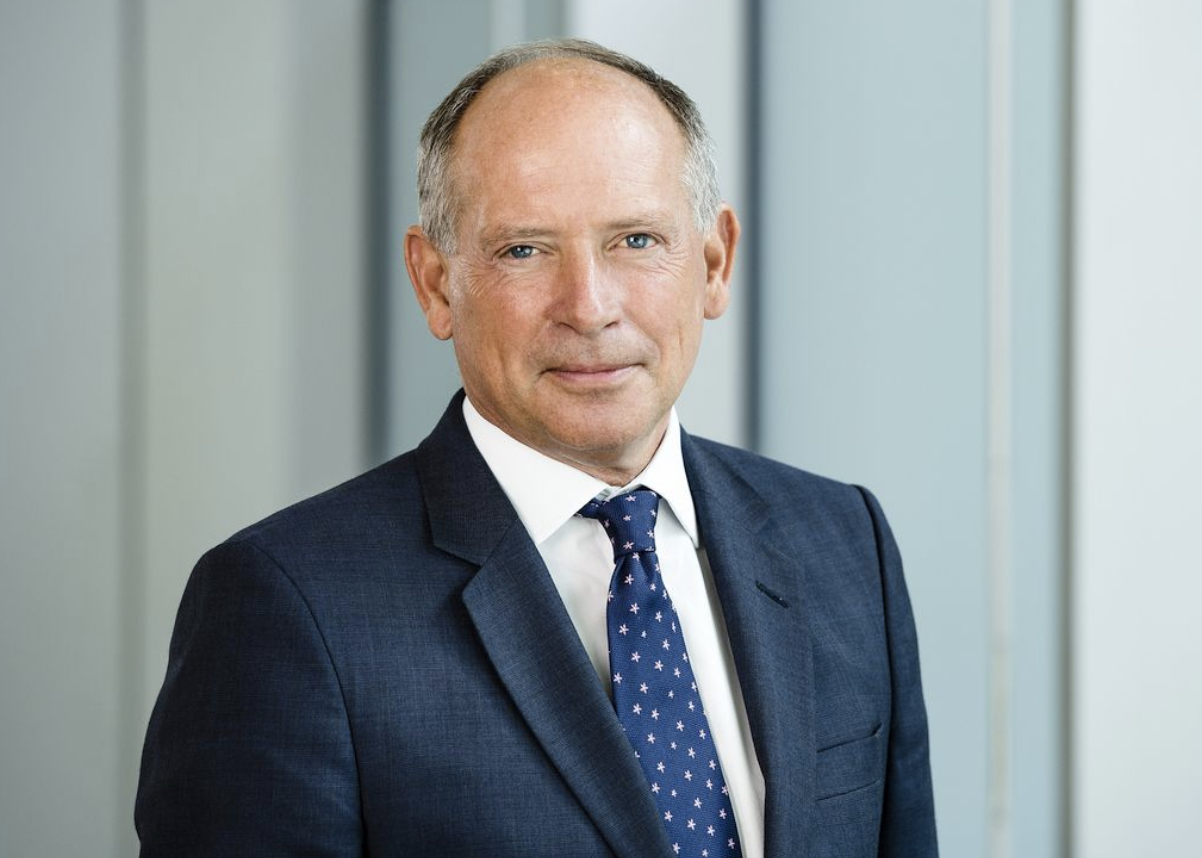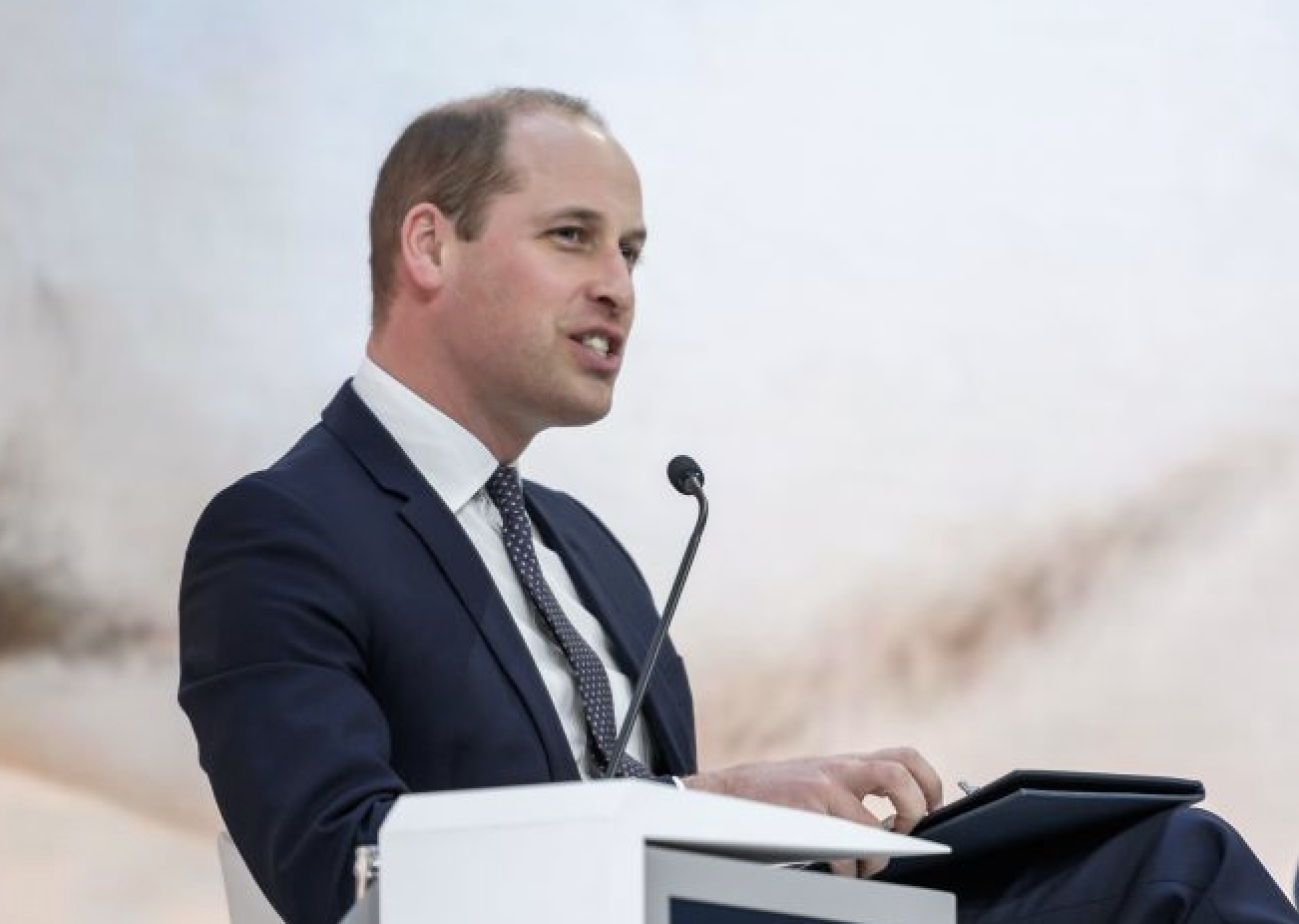This week, leaders and influencers are gathering in Davos for the World Economic Forum’s Annual Meeting. But this year, it’s far from business as usual.
In 2019, Davos will have an unprecedented focus on mental health. Two of the world’s top CEOs, HSBC’s John Flint and Kaiser Permanente’s Bernard Tyson, are speaking out about it. Building on his long-standing work with mental health charity Heads Together, Prince William has come to share his belief that employers have a vital role in promoting mentally healthy societies and workplaces. Jacinda Ardern is also lending her political star power to discussing these issues.
This public recognition of mental health as a boardroom issue makes good business — as well as moral — sense. Poor mental health already costs the world $2.5 trillion in lost productivity, a figure projected to hit $6 trillion by 2030, so tackling its root causes is a surefire way of cutting costs.
For its part, the World Economic Forum could not have chosen a better moment to join the global mental health community. The movement achieved real momentum in 2018, following inaugural ministerial-level summits, the release of seminal new research and notable prominence at the UN General Assembly.
One of the unique ways the Forum can galvanise this movement is by enlisting business leaders from around the world to join its ranks. Such a contribution would be invaluable, as the global mental health movement cannot succeed without leadership and support from the private sector.
Billions of people spend much of their life at work so employers can play a huge part in promoting and improving mental health. Businesses should start with agreeing that it’s time to act, both through starting change internally and joining it externally. They should train staff, while accounting for mental health in their overarching strategies, human resources, and operations.
Just as trade can be mutually beneficial across borders and national income brackets, the mental health community would benefit hugely from the exchange of ideas from South to North and East to West. Undoubtedly, poorer countries need more aid to help them set up sustainable mental health services. However, this shouldn’t be seen to preclude the fact that they also have solutions to export.
For example, another Davos attendee, Dr. Dixon Chibanda, has truly earned his place at the meeting with a game-changing idea. A Zimbabwean psychiatrist, Chibanda is the creator of the Friendship Bench programme, which trains grandmothers to help people with mental health conditions navigate their problems through talking them through.
Studies prove the programme improves mental health. New York has set up its own Friendship Benches and Davos should serve as another stepping stone in the concept’s world-spanning trajectory.
The world undoubtedly needs more Friendship Benches, both literally and more figuratively. When it comes to mental health, we all live in developing countries, which do not spend enough on mental health — less than 2 percent of health budgets on average. As a result, populations are deprived of treatment and care, as well as initiatives to prevent poor mental health taking hold in the first place. To reverse this situation, the private sector should step up investment and every nation should look at how to best use the money that is available, adapting responses from around the globe.
Businesses could again prove instrumental to the global mental health community here, through providing guidance on how to approach the worldwide sharing of what works. The world’s leading companies are as globally and deeply connected as NGOs, policymakers and health care systems — if not more so.
Businesses are in pole position to identify, create and grow approaches and initiatives springing up across the world. Looking at countries that lack time-honoured systems, they see an opportunity to leapfrog old ways of doing things. Why install landlines when you go wireless right away? Why exclusively worry about how to educate psychiatrists — and get them into rural areas — when you could also train grandmothers, who communities already know and listen to?
In short, the global mental health community needs to be entrepreneurial. It should always be on the look-out for ways of affordably improving lives without planning to rely on institutions, which might never come through. As wealthier countries like the UK grapple with the ever-escalating costs of caring for ageing populations with long-term conditions like dementia and diabetes, the need for inexpensive innovations will only grow.
Work is often vital to our sense of self worth; people without jobs take their own lives at a rate over 2.5 times higher than those with one. Given how workplaces shape wellbeing, we need businesses to ensure the places where we earn our keep also keep us in good mental health. Starting at Davos, let’s make 2019 the year that business realises it’s time to act on mental health.
Follow us here and subscribe here for all the latest news on how you can keep Thriving.
Stay up to date or catch-up on all our podcasts with Arianna Huffington here.


